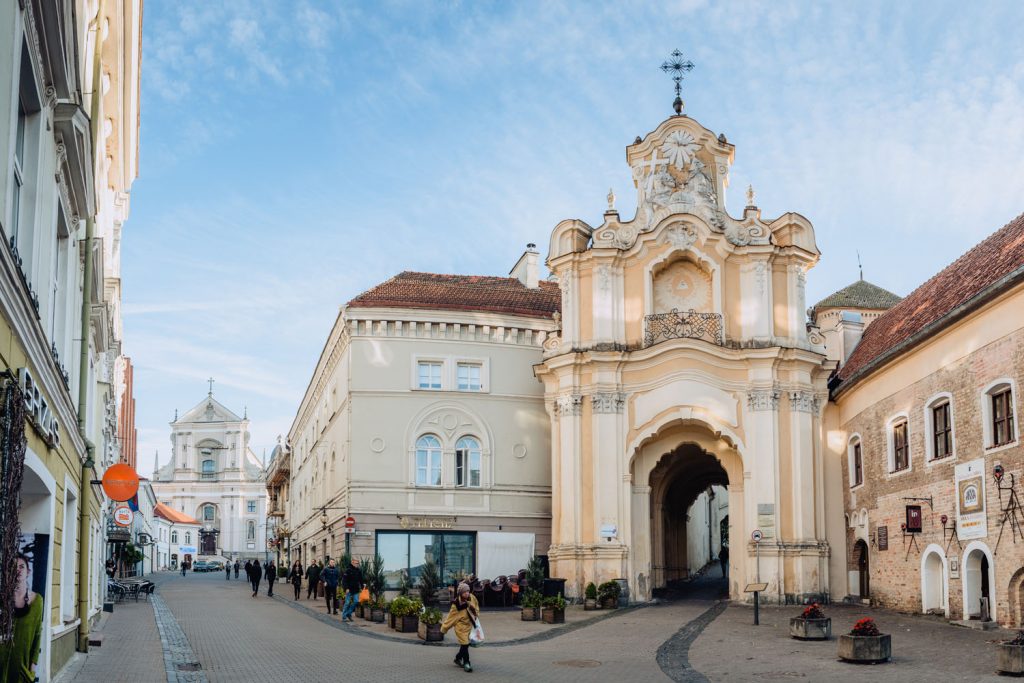
Would you like to be a monk? Nowadays, it’s less common for people to choose to be a monk; however, in the 17th century, monasteries existed near almost every church in Vilnius, which means it was not unusual to see people in black, brown or white habits around town. While some monks practiced asceticism or isolated themselves from the public, others took active part in cultural or even political life.
It is perhaps difficult to imagine that today Vilnius would be completely different without its monasteries. Monks were often the founders of hospitals, care establishments, schools and universities. Monks not only prayed but also engaged in agricultural activities, brewed beer, prepared medicines and practiced crafts. Monasteries were supported by the nobility and monks promoted the development of the sciences and engaged in educational activities. However, not every person could become a monk. Monasteries carefully selected prospective monks and the surnames of many noblemen of the Grand Duchy of Lithuania were among them, whereas female monasteries often took into account the trousseau of prospective nuns when admitting women to a monastery. Before taking vows, monks had to learn and make a decision – there was no way back to the secular world afterwards.
Many monasteries were closed as a result of the support of participants of the 19th century rebellion – their property was confiscated and re-allocated. For this reason, not all monasteries have survived to date.
